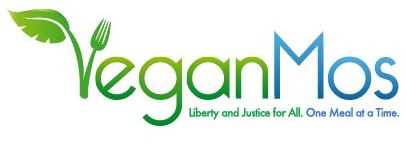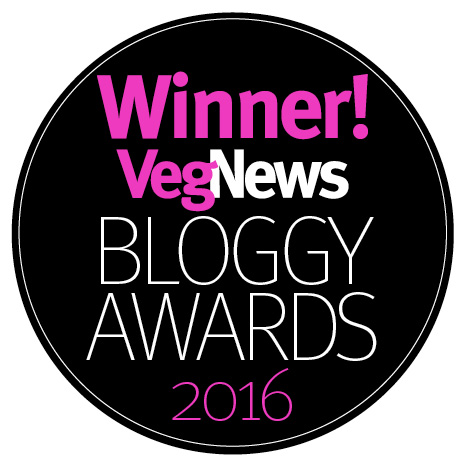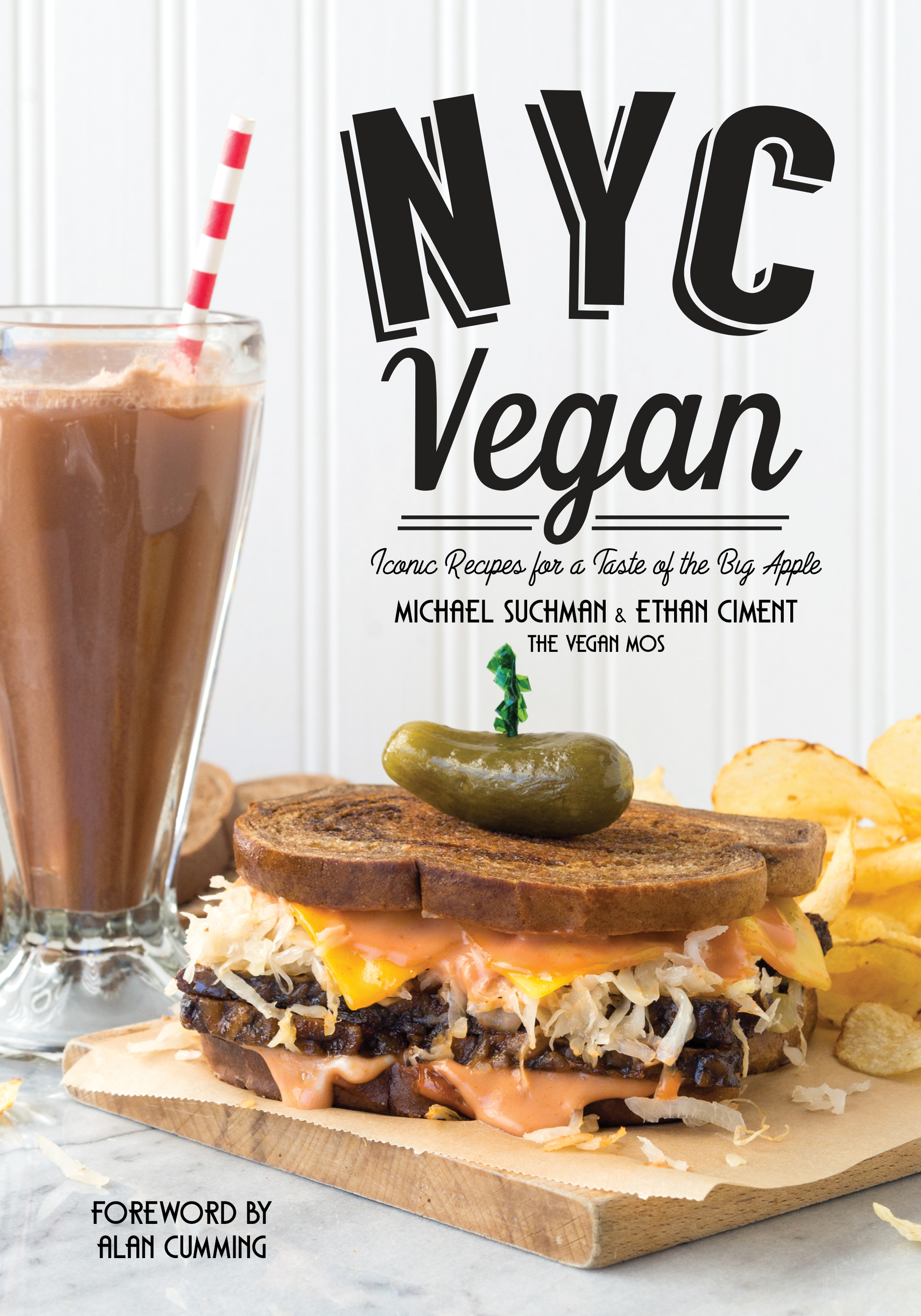At the outset of any discussion about veganism and the health benefits of a whole foods, plant-based diet, I feel compelled to declare an allegiance. This is not said with intent to place labels or alienate anyone. Rather, it’s an attempt to clarify my position because I find myself wearing two different hats when it comes to advocating for veganism and for a plant based diet.
I came to veganism long after becoming a physician. In fact, nothing I learned in my medical education ever discussed veganism or vegetarianism other than to warn us of the dangers that vegetarians can encounter if their diet is imbalanced. To be fair, much has changed since then. Today, medical schools are increasingly incorporating education about plant-based diets into their nutritional education curriculum. I learned what I know about the healthful effects of a plant-based, whole foods diet after I made the decision to become vegan. My decision to be vegan was motivated purely by my desire to live a life where my actions were aligned with my ethics. I believe in non-violence and peacefulness in all ways towards all people at all times. Veganism is the logical extension of that ethic. There are as many valid arguments about the health benefits of a whole foods, plant-based diet as there about the positive environmental impact of adopting this diet. That is not my motivation in advocating a plant-based diet, as a vegan. My motivation is simple; the baseline of any ethic that says non-humans matter morally requires that we not use or eat them.
As a new vegan I quickly learned that there is incredible diversity within the vegan community as it pertains to our diets. There are many ways to eat as a vegan, from healthy and balanced to nutritionally unbalanced, and everything in between. I fall somewhere in the middle of that spectrum. I believe in Oscar Wilde’s philosophy of “Everything in moderation, including moderation.” Sometimes, I challenge myself to eat a more healthful vegan diet, focused on organic, whole grains, fruits, legumes and vegetables and reducing my intake of processed, fatty and unhealthy foods. But I am human. Sometimes, I just want my vegan marshmallows, baked goods and comfort foods. Nobody would suggest that these are healthy foods, but it is indisputable that they are vegan foods. Despite the pervasive myth, vegan does not necessarily equal healthy.
I don’t know for certain where the vegan equals healthy myth came from. I suspect it originated with the dominant culture, non-vegans. A dominant culture typically labels individuals who do not conform to the mainstream by their differentiating characteristic. How telling that an epically obese, sicker-than-ever, omnivorous dominant culture chose the opposite of itself, healthy, as a label for vegans. The plethora of mock-meats, vegan cheeses, vegan junk food and plant-based alternatives that are currently widely available is a relatively recent development. Previously, vegans were restricted to eating a more basic diet of grains, fruits, legumes and veggies. When we compare that diet to the diet of most non-vegans, who typically don’t consume nearly enough plant-based foods, it is logical that non-vegans viewed this diet as a healthier one. Though much has changed with respect to what is widely commercially available to vegans, I think the myth persists because it’s convenient for omnivores to label us as health nuts. To do so takes the question of eating animals out of the realm of ethics and makes it more about one’s own right to choose to eat healthfully or not. By shifting the focus to their individual freedom, the question of the rights of non-humans to live their own lives, for their own purposes, free of human intervention, is avoided entirely.
I hope to engage in meaningful discussions in this section about optimizing our health as vegans. I want to dispel the insidious myths about vegan health and shed light on what we know from peer-reviewed, documented, hard science about nutrition on a plant based diet. Please note, when I do this, I might make recommendations based on the science that I don’t personally or consistently follow. That is my personal choice. I offer you this information to empower you with knowledge so you can consider the facts, not myths, when making decisions about ways to optimize your own nutrition. Most of all, I advocate for veganism and eating a plant-based diet because I believe that the ultimate benefit goes far beyond health and nutritional effects. I do this because I fervently believe that eating animals is not our personal choice to make.



